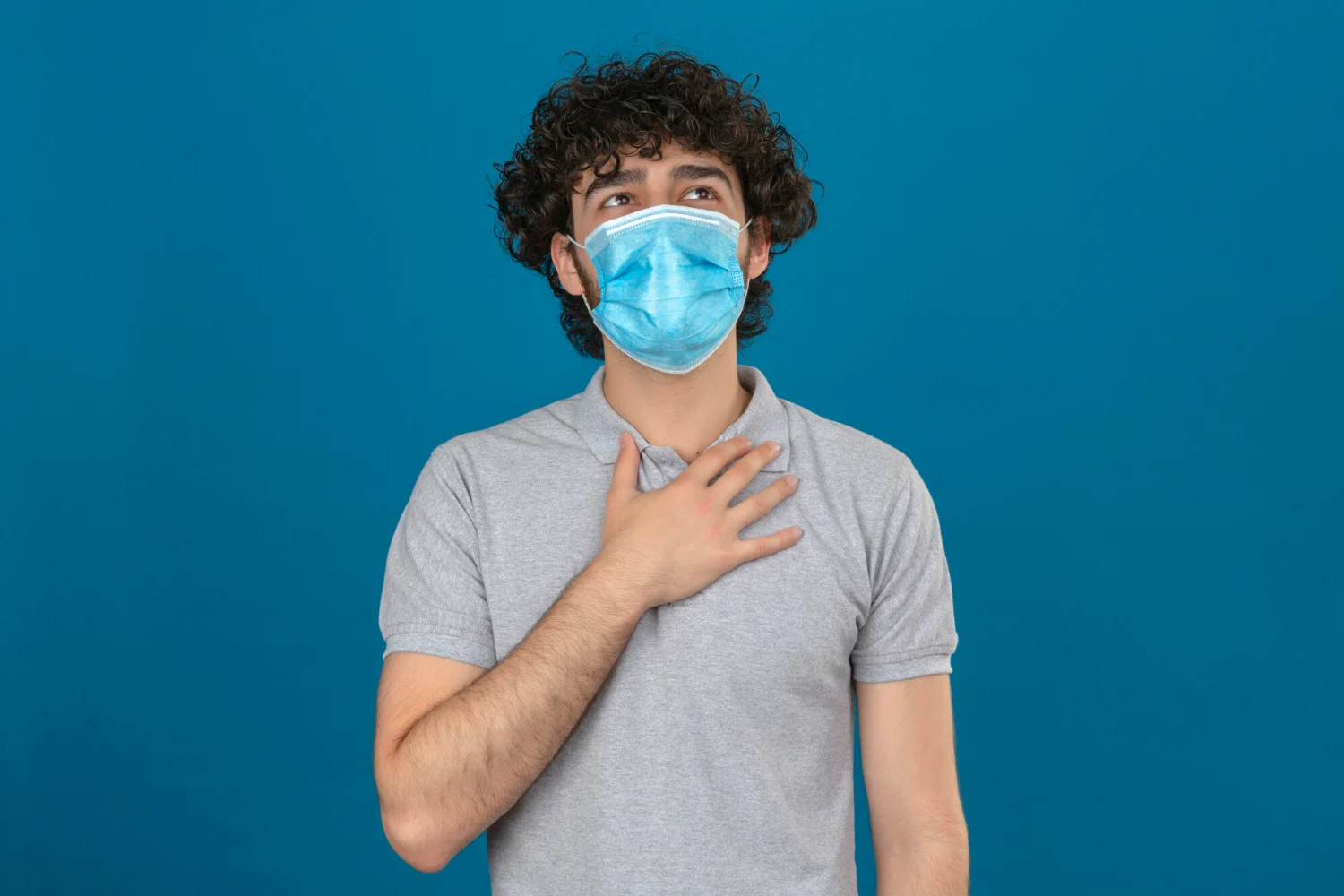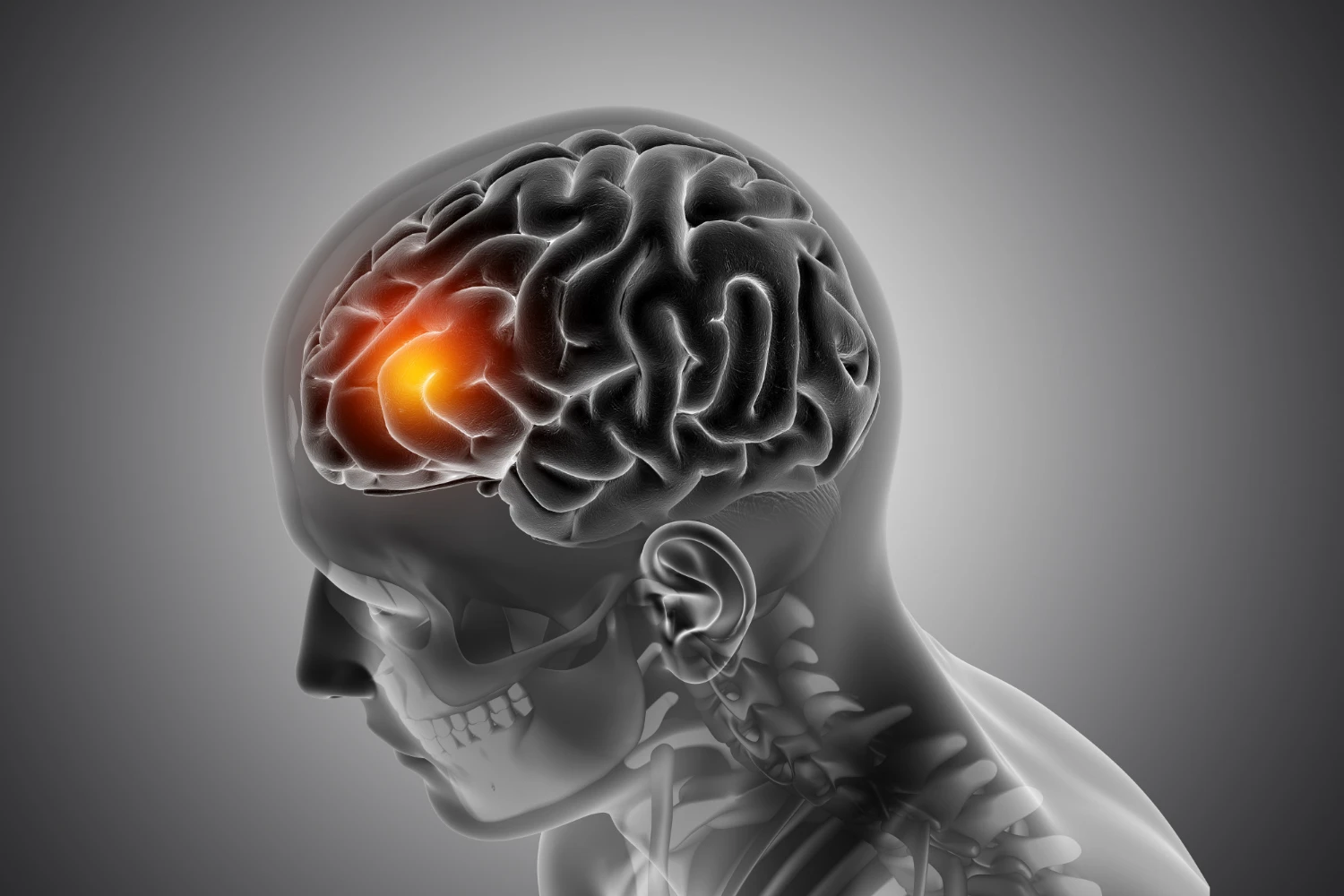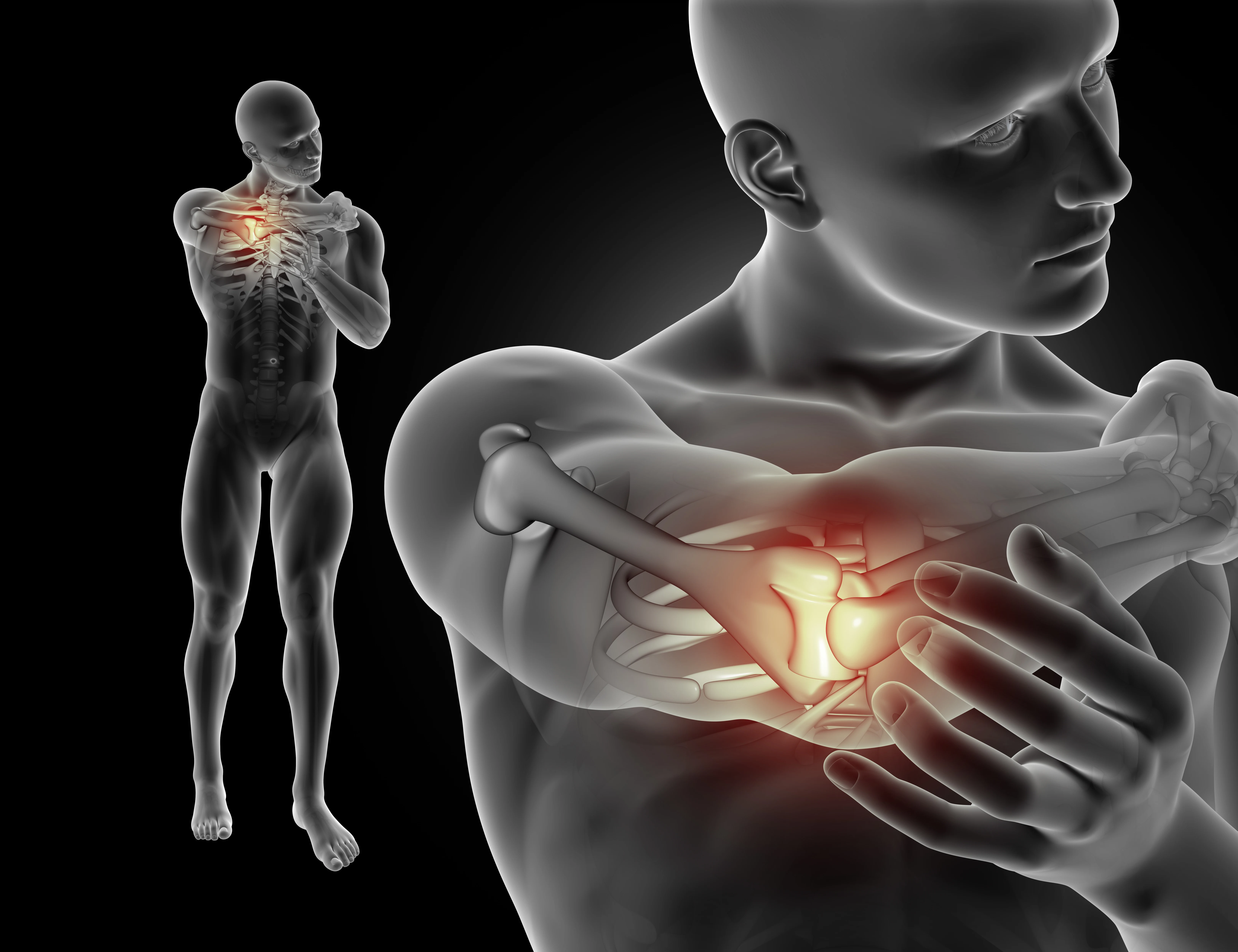What Causes Tuberculosis?
Category: Blogs
Tuberculosis (TB) remains one of the most challenging infectious diseases worldwide, affecting millions each year. Understanding what causes tuberculosis, its symptoms, how it spreads, and when to seek medical attention is vital for early diagnosis and effective treatment. At Lokmanya Hospitals, recognized as the best hospital for infectious diseases and comprehensive care, we specialize in diagnosing and treating TB with state-of-the-art technology and compassionate care.
TB primarily targets the lungs but can affect other parts of the body, including the spine, kidneys, and brain. If untreated, it can lead to serious health complications, including spinal TB, which requires expert management often involving the best spine treatment facilities. In this blog, we’ll explore everything you need to know about tuberculosis: what causes it, risk factors, symptoms, diagnosis, treatment options, and why early intervention at a trusted center like Lokmanya Hospitals can make all the difference.
What Causes Tuberculosis?
Tuberculosis is caused by a bacterium called Mycobacterium tuberculosis. This slow-growing microorganism primarily spreads through airborne droplets when an infected person coughs, sneezes, or talks. The bacteria enter the lungs and can remain dormant or actively multiply, causing disease.
How Does TB Spread?
TB is contagious but requires prolonged exposure to an infected person for transmission. Casual contact is usually insufficient to spread the disease. When inhaled, the bacteria settle in the lungs, triggering an immune response. In some people, the immune system contains the bacteria, resulting in latent TB, where the person carries the infection but has no symptoms and is not contagious. However, latent TB can activate later, especially if the immune system weakens.
Why Do Some People Develop Active Tuberculosis?
Several factors influence whether a person infected with Mycobacterium tuberculosis develops active TB:
- Weakened Immune System: Conditions like HIV/AIDS, diabetes, or prolonged steroid use reduce the body’s ability to fight infections.
- Malnutrition: Poor nutrition lowers immunity, increasing vulnerability.
- Age: Very young children and elderly individuals have higher risk.
- Close Contact with TB Patients: Living in crowded or poorly ventilated environments increases exposure.
- Substance Abuse: Smoking, alcohol, and drug use impair immune function.
What Are the Common Symptoms of Tuberculosis?
Recognizing TB symptoms early is crucial for timely diagnosis and treatment. Symptoms may vary depending on the affected organ but commonly include:
- Persistent cough lasting more than two weeks
- Coughing up blood or sputum
- Chest pain and difficulty breathing
- Fatigue, weight loss, and loss of appetite
- Fever and night sweats
- Swollen lymph nodes
When TB affects the spine (also called Pott’s disease), symptoms include back pain, stiffness, and neurological problems due to nerve compression. Early diagnosis and intervention are essential to prevent permanent damage, which is why accessing the best spine treatment is critical.
When Should You Get Tested for Tuberculosis?
If you experience any of the above symptoms, especially persistent cough and unexplained weight loss, or if you have been in close contact with someone diagnosed with TB, it’s important to seek medical evaluation immediately. People with risk factors such as HIV, diabetes, or a compromised immune system should undergo regular screening.
Screening methods include:
- Tuberculin Skin Test (Mantoux test)
- Interferon-Gamma Release Assays (IGRAs)
- Chest X-rays
- Sputum culture and smear microscopy
At Lokmanya Hospitals, our advanced diagnostic tools enable precise and early detection, ensuring better treatment outcomes.
How Is Tuberculosis Treated?
TB treatment requires a strict regimen of antibiotics taken over 6 to 9 months or longer for complicated cases. Treatment adherence is vital to prevent drug resistance and relapse.
- First-line drugs: Isoniazid, Rifampicin, Ethambutol, and Pyrazinamide.
- Directly Observed Therapy (DOT): Health workers supervise medication intake to ensure compliance.
- Management of Drug-Resistant TB: Specialized regimens and prolonged treatment under expert care.
For spinal TB, treatment often involves a combination of medical therapy and surgical intervention, including spinal stabilization and decompression. This is where accessing the best spine treatment facilities like Lokmanya Hospitals is crucial to restore function and prevent disability.
What Are the Long-Term Complications of Tuberculosis?
If left untreated or poorly managed, TB can cause:
- Lung damage and respiratory failure
- Spread to other organs, including bones, brain, and kidneys
- Spinal deformities and neurological impairments due to Pott’s disease
- Drug-resistant TB, which is difficult to treat and more dangerous
Why Choose Lokmanya Hospitals for Tuberculosis Treatment?
At Lokmanya Hospitals, we understand that TB treatment requires precision, patience, and a multidisciplinary approach. Our center combines cutting-edge diagnostics, personalized care, and the latest treatment protocols to deliver the best outcomes. With a dedicated infectious disease team, pulmonologists, and orthopedic surgeons skilled in the best spine treatment, Lokmanya Hospitals is a trusted name in Pune for TB care.
We also provide comprehensive patient support, including counseling, nutritional guidance, and adherence monitoring to ensure a successful recovery. Choosing Lokmanya means entrusting your health to experts who prioritize your wellbeing with compassionate care and advanced medical technology.
Conclusion
Tuberculosis is a complex disease caused by the bacterium Mycobacterium tuberculosis, primarily affecting the lungs but capable of spreading to other body parts including the spine. Understanding the causes, risk factors, symptoms, and timely treatment is key to controlling this infectious disease.
If you or a loved one experience symptoms or have been exposed to TB, do not delay consulting healthcare professionals. At Lokmanya Hospitals, we offer the best combination of diagnostic accuracy, treatment expertise, and supportive care to help you fight tuberculosis effectively. With our state-of-the-art facilities and a patient-centered approach, we stand out as the best hospital for TB and spine-related complications in Pune.
Frequently Asked Questions (FAQs)
Q1: Can tuberculosis be completely cured?
Yes, with timely diagnosis and full adherence to treatment, TB can be completely cured.
Q2: How long does TB treatment take?
Typically, treatment lasts 6 to 9 months, depending on the form and severity of TB.
Q3: Is tuberculosis contagious?
Active pulmonary TB is contagious through airborne droplets, but latent TB is not.
Q4: Can TB affect the spine?
Yes, spinal TB (Pott’s disease) affects the vertebrae and requires specialized treatment.
Q5: What lifestyle changes help prevent TB?
Maintaining good nutrition, avoiding smoking, and ensuring proper ventilation in living spaces reduce risk.

Previous blog

What Is The First Sign Of Tuberculosis?
Next blog






